Avoid These 5 Pitfalls to Using 3PLs
Third-party logistics (3PL) is a multi-billion dollar industry. Most of the Fortune 1000 companies use some sort of 3PL services; but for your business, you may be questioning whether the timing is right for you to take the plunge. The decision to contract with a fulfillment partner is a big one. There may be some hesitation due to unanswered questions. Knowing what to look for and what to ask of a potential provider is important. Here are five common concerns and ways to turn them to your advantage.
1. Loss of control
You have worked hard to grow your business and establish a reputation within your industry. You offer a quality product and value your customer base. You may have outgrown your current warehousing and distribution method; however, turning over control to someone else may give you pause.
Providers of 3PL are experts at moving products. They have the knowledge, networks, and equipment to get the job done. Outsourcing logistics enables you to do what you do best, focusing on your core business.
When searching for the right 3PL, there are ways to ease your concerns over loss of control. Make sure your 3PL provider gives you the ability to track real-time fulfillment data, 24 hours a day, 7 days a week. That way you can keep your finger on the pulse of how your products are moving along the supply chain. Also make sure that they have the necessary customer service capability and commitment to provide the support your clients expect. This is essential to maintaining the level of customer satisfaction so crucial to your business.
2. Lack of personalized service
Every company has a product that is somewhat unique. Your needs may vary from picking-packing to requiring special handling. Some products may need assembly or kitting. Perhaps you need reverse logistics. Demand for your product may fluctuate seasonally.
Ensure that your 3PL partner is flexible, transparent, reliable, and willing to listen to your concerns. Solutions need to be scalable and customizable. They should be proactive and able to plan for your company’s growth. If they have been in the business for many years and have worked with numerous diverse clients, chances are the 3PL will be able to successfully execute a customized plan for your company as well.
3. Challenge of integrating communication systems
The logistics industry is ever changing. Communications technology rapidly evolves to keep pace. You may find yourself struggling to keep up. A 3PL provider may be able to help in significant ways.
You will want assurance that there is a transition team that will implement an action plan for you. Your 3PL provider should be able to integrate with your information systems rapidly and seamlessly. There should be free exchange of data. This is especially important if they will be handling/helping with customer support, billing, financing, marketing, and/or vendor management. Accurate documentation of inventory control can help you avoid delays, backorders, partial shipments, and cancellations. Writing for the U.S. Chamber of Commerce, Jamie Johnson describes the benefits of the right inventory management software.
Ask the 3PL provider about their level of technical support and willingness to troubleshoot. Do they have an Ecommerce platform and are they capable of multi-channel selling? They should also be dedicated to constant process improvement.
4. Mismanagement of reverse logistics
You know that being able to handle returns in a reliable manner is not just a nice-to-have function; it is critical to effective inventory control. When not handled correctly, returns can bog down your process and decrease cash flow.
Whether due to product recall, or from a single customer or multiple retailers, returns flowing to one centralized point of return ensures consistency and efficiency. The goals of your 3PL should be to reuse and reclaim, minimize waste, and comply with all regulations. In this age of frenetic online ordering, returns are a given. In Logistics Management magazine, Jeff Berman discusses the value of establishing an orderly process for handling reverse logistics.
5. Expense of start-up costs
It is true that contracting with a 3PL provider will require some initial costs. Some typical fees include on-boarding, inventory receiving, and storage. The key is to look beyond the short-term. By cutting out inefficient processes you will save money in the long run. The trade-off is more timely delivery and cost efficiencies.
You can be assured that a good 3PL has the best inventory management and automation. Their facilities have sophisticated security systems. On your end, there will be less outlay for equipment and system upgrades. There may be no need for you to maintain your own warehouse at all. Costs decrease and delivery times improve by choosing a provider that is centrally located, possibly with multiple facilities.
Careful consideration of the pros and cons of outsourcing your logistics is the first step in making an informed decision. Thinking about the ways that you can turn these 5 potential disadvantages into advantages will enable you to choose the right solution for your company.
See if Aero Fulfillment Services can help ensure you avoid the pitfalls that come with 3PL services by taking this 1-minute survey.

